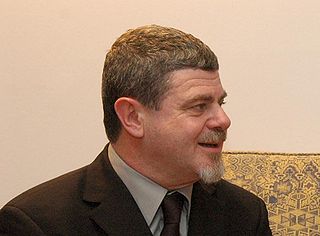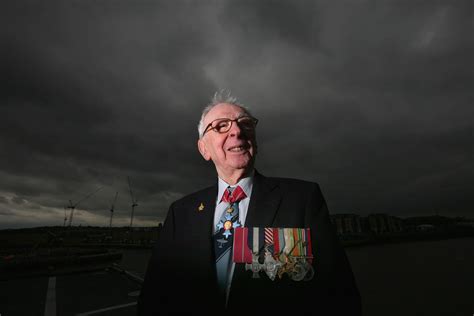A Quote by Etgar Keret
I see creative-writing classes as some sort of AA meeting. It is more of a support group for people who write than an actual course in which you learn writing skills. This support group is extremely important because there is something very lonely about writing.
Related Quotes
Actually, my first group was a folkloric group, an Argentine folkloric group when I was 10. By the time I was 11 or 12 I started writing songs in English. And then after a while of writing these songs in English it came to me that there was no reason for me to sing in English because I lived in Argentina and also there was something important [about Spanish], so I started writing in Spanish.
Learn as much as you can. Take every opportunity to learn about writing, whether it’s through classes, workshops, whatever is available to you. This may be difficult, because things like classes, workshops, writing programs, require time and money. But I say this honestly and somewhat harshly – if you’re not willing to prioritize your writing, perhaps you should do something else?
The secret to writing is just to write. Write every day. Never stop writing. Write on every surface you see; write on people on the street. When the cops come to arrest you, write on the cops. Write on the police car. Write on the judge. I'm in jail forever now, and the prison cell walls are completely covered with my writing, and I keep writing on the writing I wrote. That's my method.
The secret to writing is writing. Lots of people I know talk about writing. They will tell me about the book they are going to write, or are thinking about writing, or may write some day in the future. And I know they will never do it. If someone is serious about writing, then they will sit down every day and put some words down on paper.
I was a journalism major, and I would take creative writing classes as part of that, but I would also look for opportunities to write stories for some of my other classes. So for my course in Scandinavian history, I asked if I could write historical fiction instead of term papers. Sometimes they’d say yes.





































